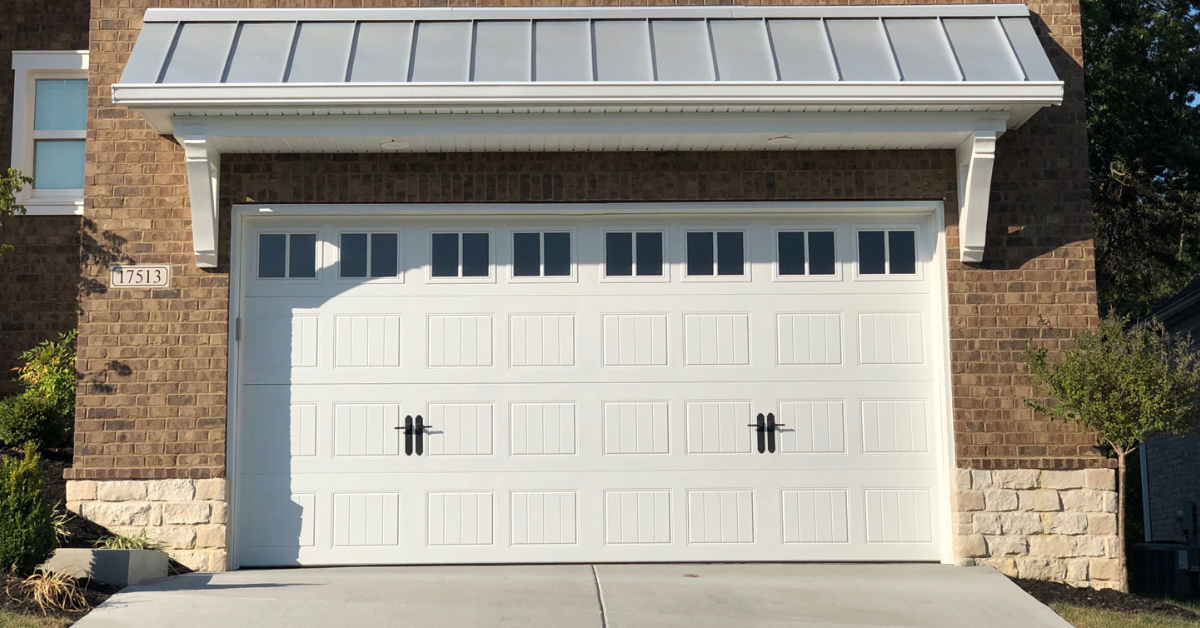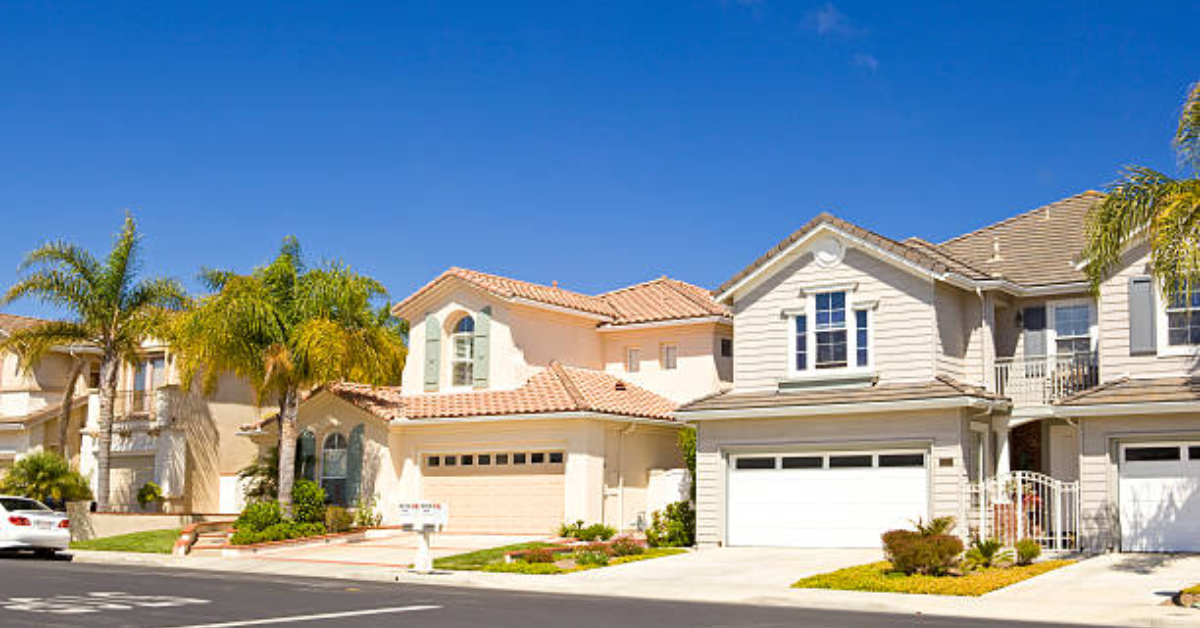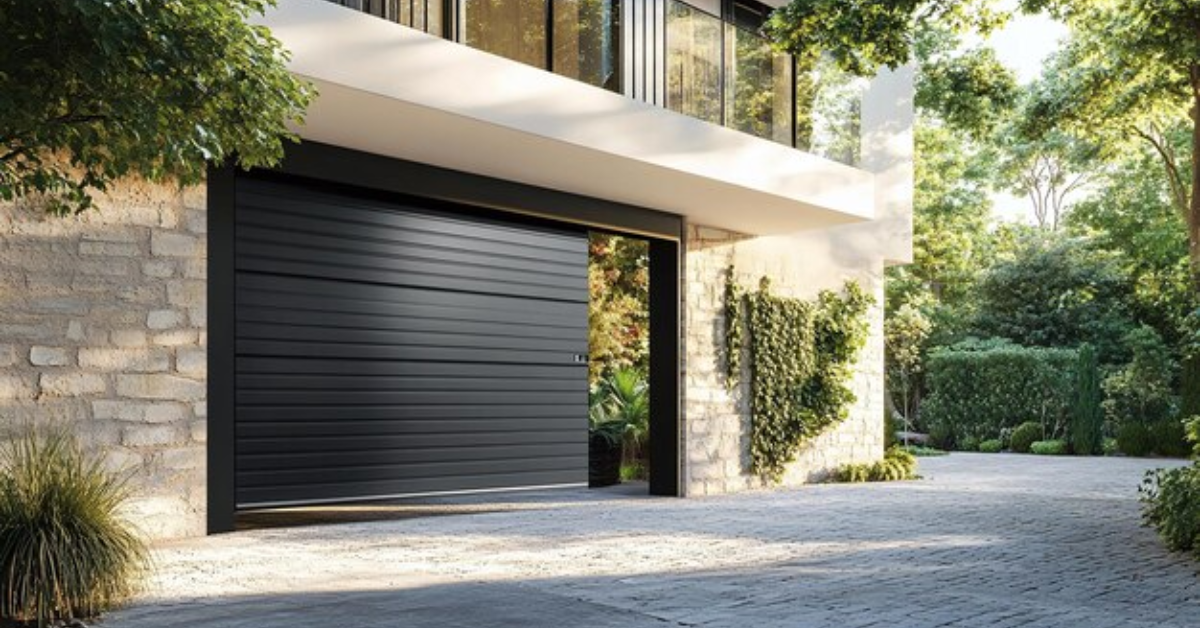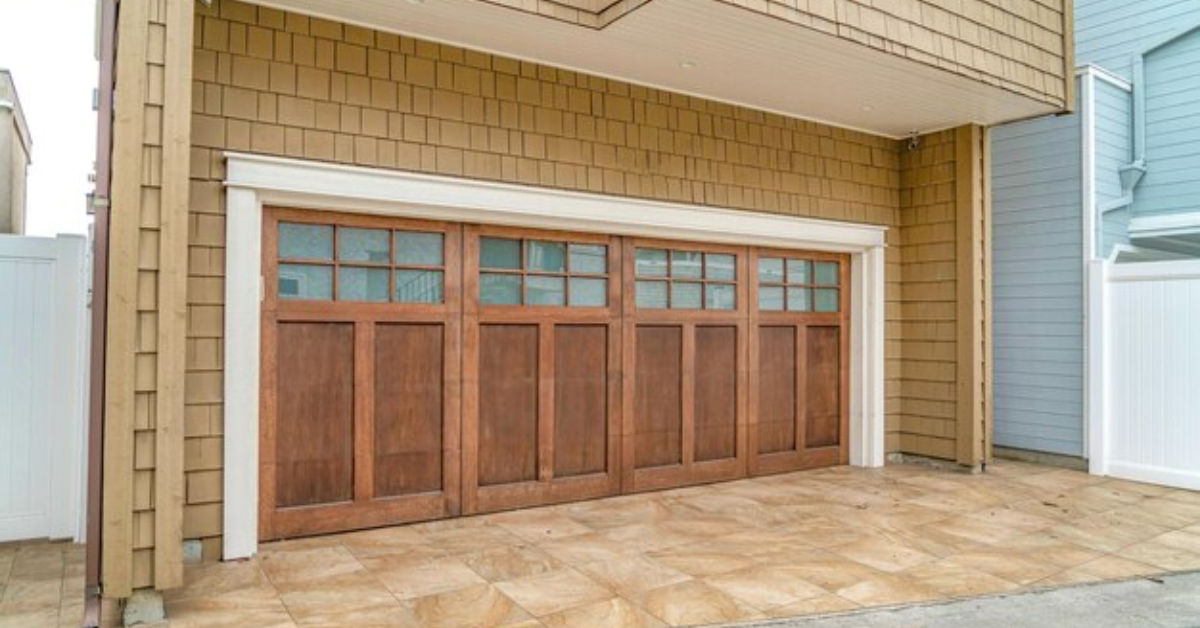Are Clopay Garage Doors Expensive?
When considering the installation or replacement of a garage door, homeowners often grapple with the question: Are Clopay garage doors expensive? Clopay, a renowned name in the garage door industry, has established a reputation for manufacturing high-quality, innovative, and aesthetically pleasing garage doors. With a diverse range of products catering to various styles and budgets, Clopay has become a go-to choice for homeowners seeking reliable and stylish garage door solutions.
In this exploration, we delve into the realm of Clopay garage doors, examining their features, craftsmanship, and value proposition to determine whether they align with the expectations of affordability and quality. By providing an insightful overview of Clopay garage doors, this analysis aims to shed light on the pricing dynamics and factors influencing their perceived affordability in the market.
Understanding Clopay Garage Doors
Clopay is a prominent player in the garage door industry, renowned for its commitment to quality, innovation, and customer satisfaction. Established in 1964, Clopay has evolved into one of the largest manufacturers of residential and commercial garage doors in North America. With over 50 years of experience, Clopay has built a solid reputation for excellence in craftsmanship, durability, and design innovation. The company's roots trace back to its founder, who recognized the growing demand for reliable and visually appealing garage doors. Since its inception, Clopay has remained at the forefront of the industry, pioneering advancements in technology, materials, and design to meet the evolving needs of homeowners and businesses.
Range of Products Offered
Clopay offers a diverse range of garage door products tailored to suit various architectural styles, preferences, and budgetary considerations. Their product lineup includes:
Residential Garage Doors: Clopay offers a
wide selection of residential garage doors in an array of materials, designs, and configurations. From traditional raised-panel steel doors to modern glass and aluminum options, homeowners can choose from a range of styles to complement their home's aesthetics. Clopay's residential garage doors are known for their durability, energy efficiency, and customizable features, allowing homeowners to enhance curb appeal while maximizing functionality.
Commercial Garage Doors:
For commercial and industrial applications, Clopay provides a comprehensive range of commercial garage doors designed to meet the rigorous demands of businesses. From heavy-duty steel sectional doors to rolling steel service doors and fire-rated doors, Clopay's commercial lineup offers durability, security, and performance for various commercial settings.
Custom Garage Doors:
Clopay also offers custom garage door solutions for homeowners seeking a unique and personalized touch. With customizable options in materials, colors, finishes, and hardware, Clopay's custom garage doors allow homeowners to bring their vision to life and create a distinct curb appeal statement.
Clopay garage doors epitomize quality, craftsmanship, and innovation, backed by a rich history of excellence in the industry. With a diverse range of products catering to residential, commercial, and custom applications, Clopay continues to set the standard for garage door solutions that combine style, functionality, and durability.
Factors Influencing Garage Door Pricing
When it comes to pricing garage doors, several factors come into play, each contributing to the overall cost. Here's a breakdown of the key factors influencing garage door pricing:
Material Quality and Type
The choice of material significantly impacts the cost of a garage door. Common materials include steel, aluminum, wood, fiberglass, and vinyl. Steel doors are typically more affordable than wood or fiberglass doors, but premium-quality materials and insulation features can drive up the price. Higher-quality materials often offer better durability, insulation, and aesthetic appeal, leading to a higher price tag.
Design Complexity and Customization Options
The complexity of the door's design and the level of customization desired by the homeowner can also affect pricing. Standard, off-the-shelf garage doors tend to be more affordable, while custom-designed doors with unique finishes, window placements, decorative hardware, and panel designs can significantly increase costs. Intricate designs and specialized features require additional labor and materials, contributing to higher pricing.
Size and Dimensions
The size and dimensions of the garage door play a crucial role in determining its price. Larger doors intended for multi-car garages or oversized openings naturally cost more than standard-sized doors. Additionally, factors such as door height, width, and thickness can influence material requirements and manufacturing complexity, impacting overall pricing.
Additional Features and Accessories
Garage door pricing may vary based on the inclusion of additional features and accessories. Features such as insulation, weather sealing, windows, decorative hardware, and smart technology integration can add to the cost of the door. While these features enhance functionality, energy efficiency, and aesthetics, they also contribute to the final price. High-end accessories and premium features command a premium price, reflecting the added value they offer to homeowners.
Comparison with Other Garage Door Brands
When considering the purchase of a garage door, it's essential to compare different brands to ensure you're getting the best value for your money. Here's a comparison with other garage door brands, including a price comparison with similar products from competing brands and an evaluation of value for money:
Conducting a price comparison with similar products from competing brands is crucial to understanding the market value of garage doors. While Clopay garage doors may offer premium features and quality craftsmanship, it's essential to evaluate whether the price aligns with comparable offerings from other reputable brands such as Amarr, Wayne Dalton, Overhead Door, and CHI Overhead Doors. By comparing prices across different brands, homeowners can identify competitive options that offer similar features and quality at a more affordable price point.
Beyond price comparison, evaluating the value for money offered by Clopay garage doors involves considering factors such as material quality, design options, durability, warranty coverage, and customer satisfaction. While some brands may offer lower prices upfront, they may compromise on quality or lack essential features, resulting in higher long-term costs due to maintenance, repairs, or premature replacement. Clopay's reputation for quality, innovation, and customer satisfaction may justify a higher initial investment by providing superior performance, longevity, and overall value for money.
Conclusion
After a thorough analysis of Clopay garage doors and their comparison with other brands, it's evident that Clopay offers a diverse range of high-quality products with innovative features and customization options. While Clopay garage doors may have a higher upfront cost compared to some competing brands, they often provide excellent value for money due to their durability, design versatility, and customer satisfaction. Ultimately, whether Clopay garage doors are considered expensive depends on individual preferences, budget constraints, and the perceived value of the features and quality offered. However, based on the analysis presented, Clopay garage doors are generally regarded as a worthwhile investment for homeowners seeking reliable, stylish, and long-lasting garage door solutions.




